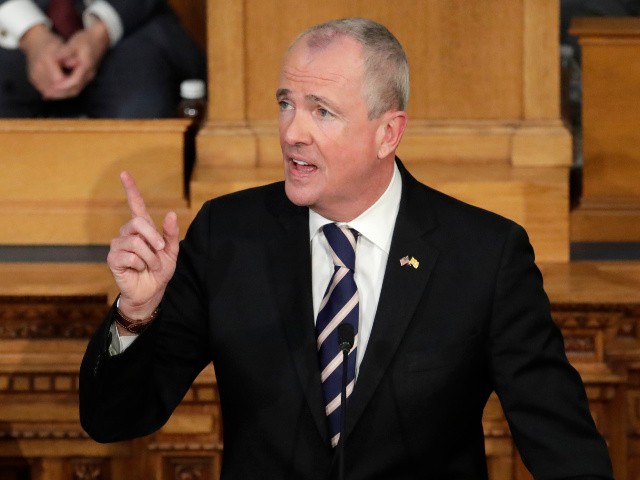New Jersey Democrat Gov. Phil Murphy said he looks forward to signing the assisted suicide bill state lawmakers narrowly approved Monday, allowing terminally ill individuals to legally end their lives.
“Allowing terminally ill and dying residents the dignity to make end-of-life decisions according to their own consciences is the right thing to do,” Murphy said. “I look forward to signing this legislation into law.”
However, Patients Rights Action Fund Executive Director Matt Valliere said New Jersey lawmakers who voted for the bill “failed” the state’s citizens by allowing the bill to pass.
“In other states where assisted suicide is legal, it has proven impossible to regulate and leaves the door wide open for abuse and coercion,” he warned. “The vulnerable in society: the poor, terminally ill, and people with disabilities, will be the most negatively affected by assisted suicide. New Jersey ought to be investing in better care and support at the end of life, not enshrining this dangerous public policy into law.”
Dubbed the Medical Aid in Dying Bill, the measure passed each chamber of the legislature with the minimum number of votes: 21 in the State Senate and 41 in the Assembly.
As northjersey.com reported, two physicians would be required to confirm an individual has less than six months to live. The terminally ill individual can request and then self-administer the lethal drugs.
While proponents called it a bill that allows dignity and compassion to dying individuals, Republican State Sen. Robert Singer suggested the measure may place an overabundant trust in doctors.
Northjersey.com reported:
He noted that in response to the opioid epidemic the state has put limits on how much doctors can prescribe. But the bill would put a person’s fate in the hands of physicians.
“What if they’re wrong? What if they made a mistake and that person is not going to die?” Singer said.
Similarly, in a guest column at the Star-Ledger, Sarah Steele, a cancer survivor, wrote Sunday she is “scared to death” of the bill that would “allow doctors to help their patients kill themselves.”
Diagnosed with a malignant brain tumor, Steele wrote, “Most people with my prognosis live about three years. So far, I have survived 13!”
She noted that, under the legislation, “a doctor must predict their patient has six-months or less to live.”
“What if a doctor’s ‘educated guess’ is wrong, and people throw away good years or even decades of their life when they might have lived, like I did?”
